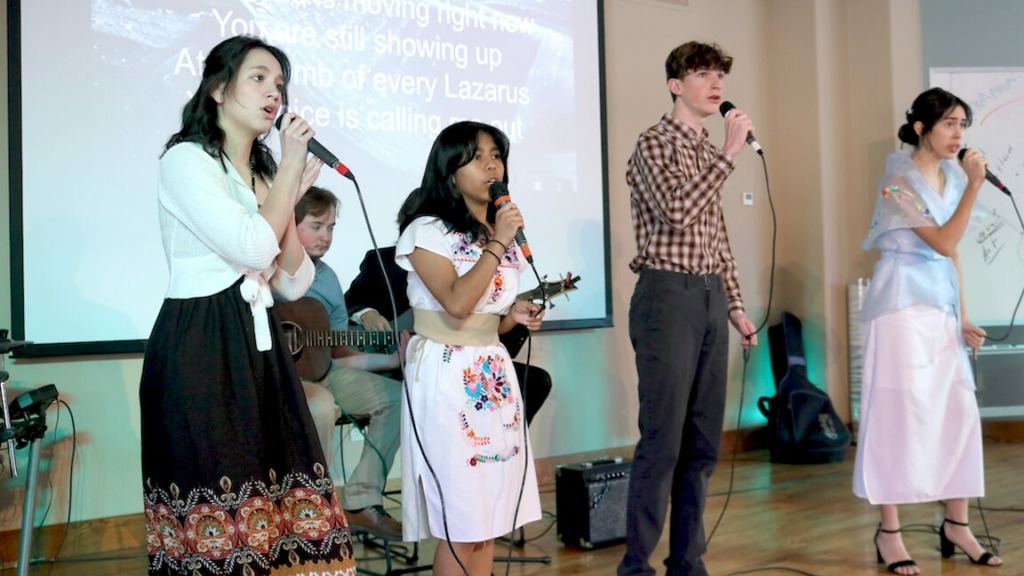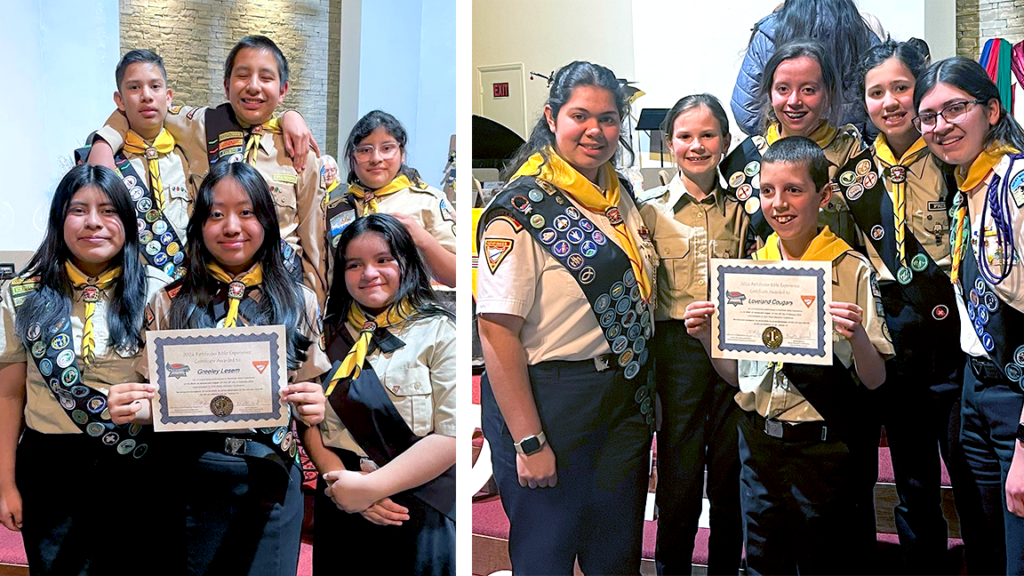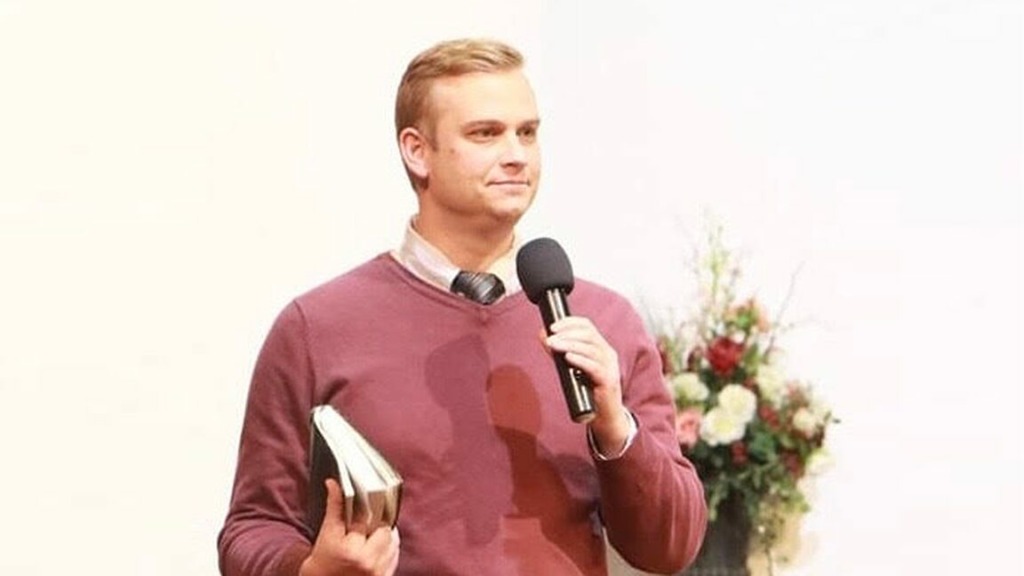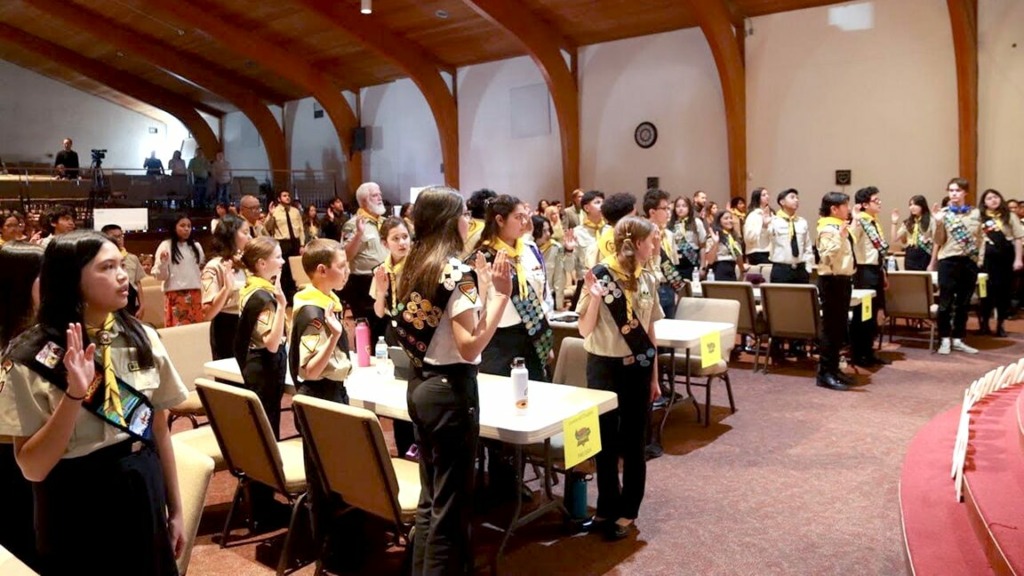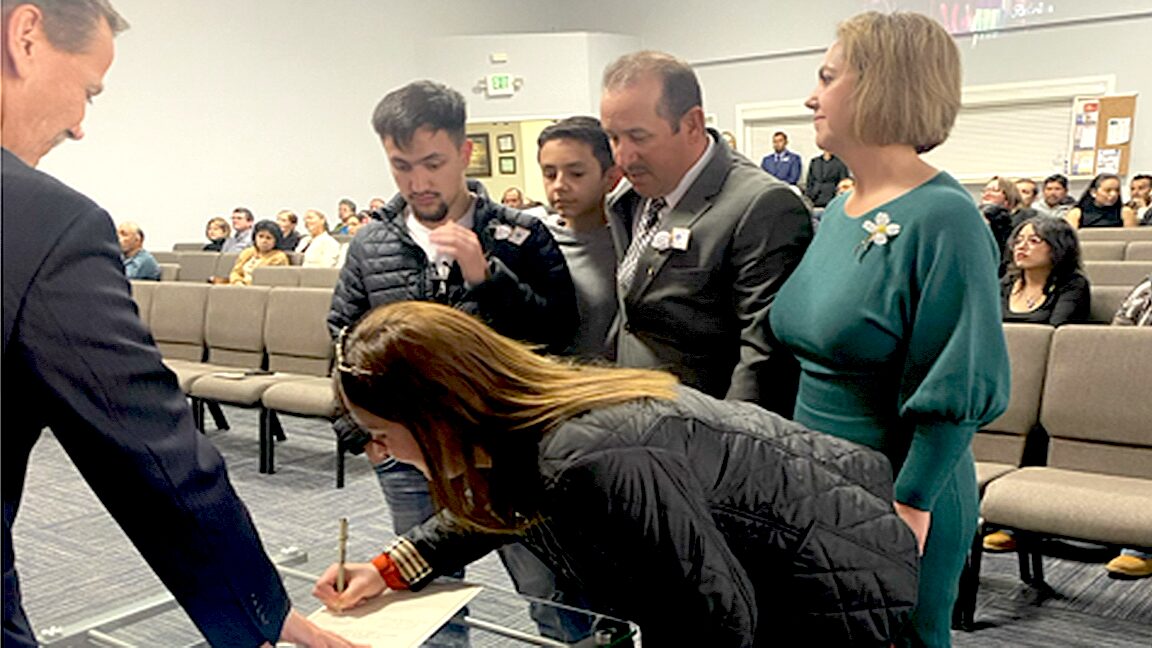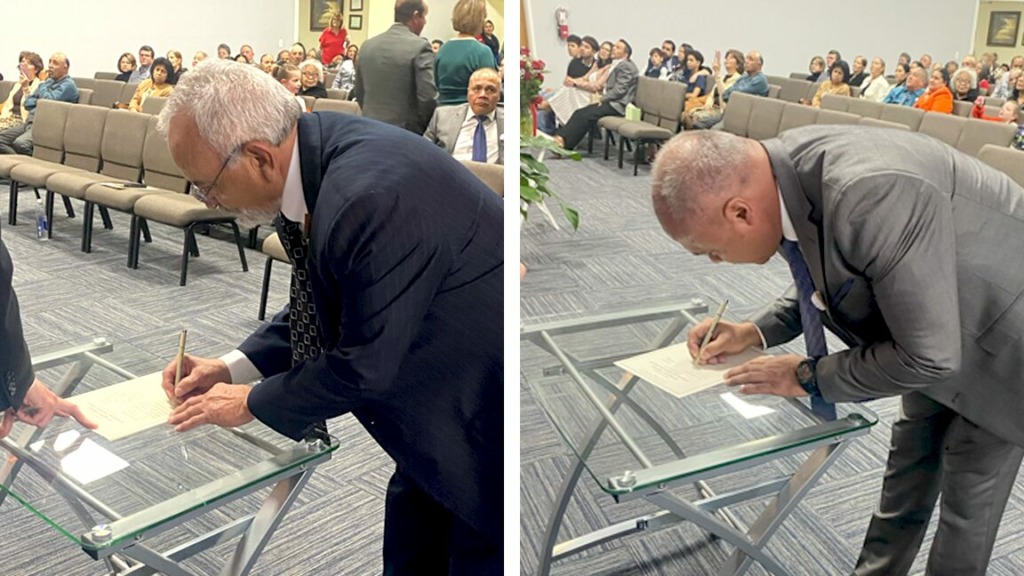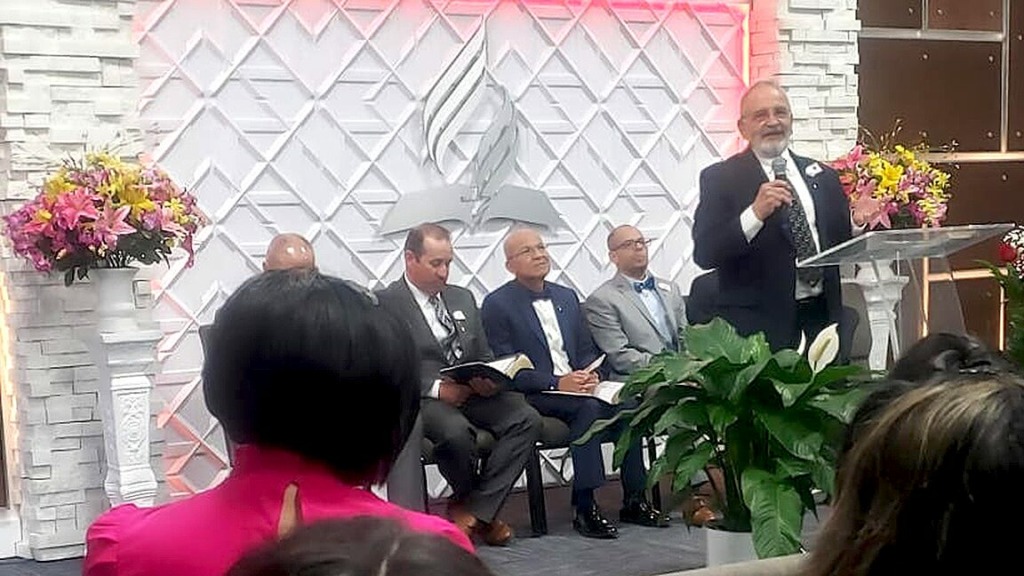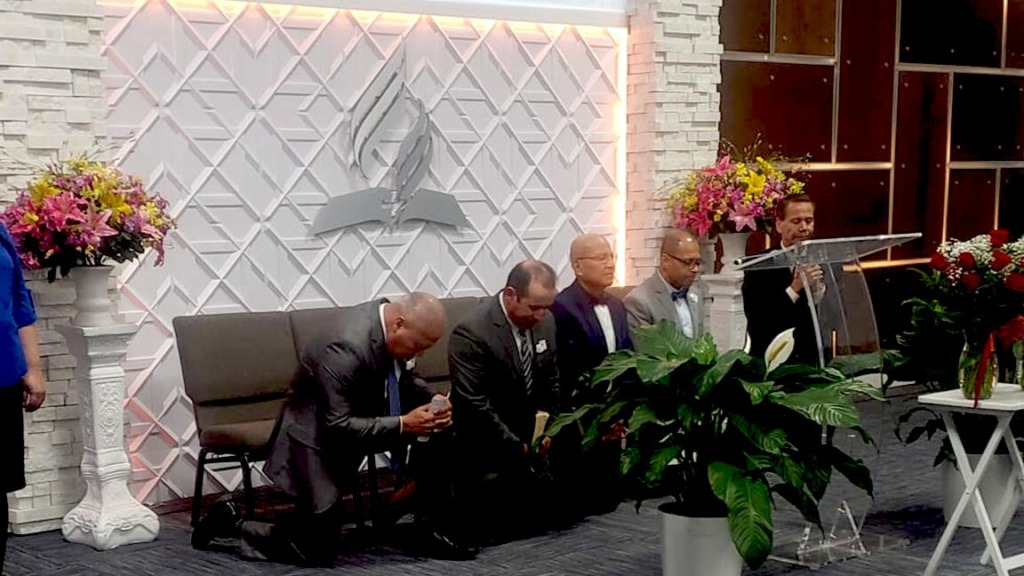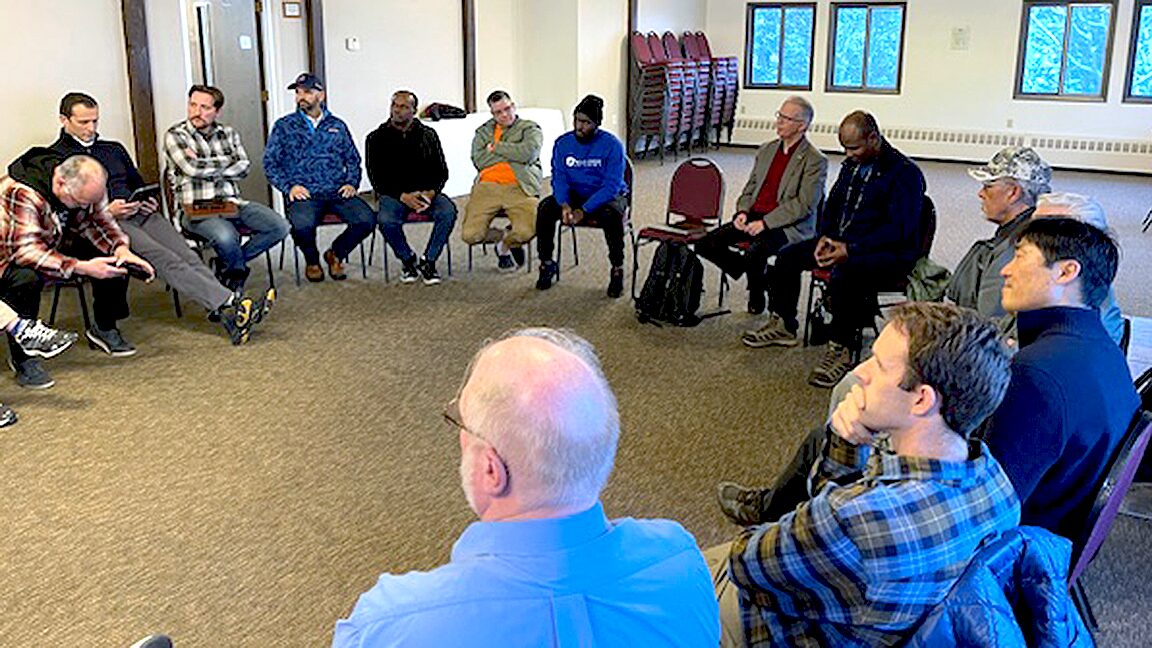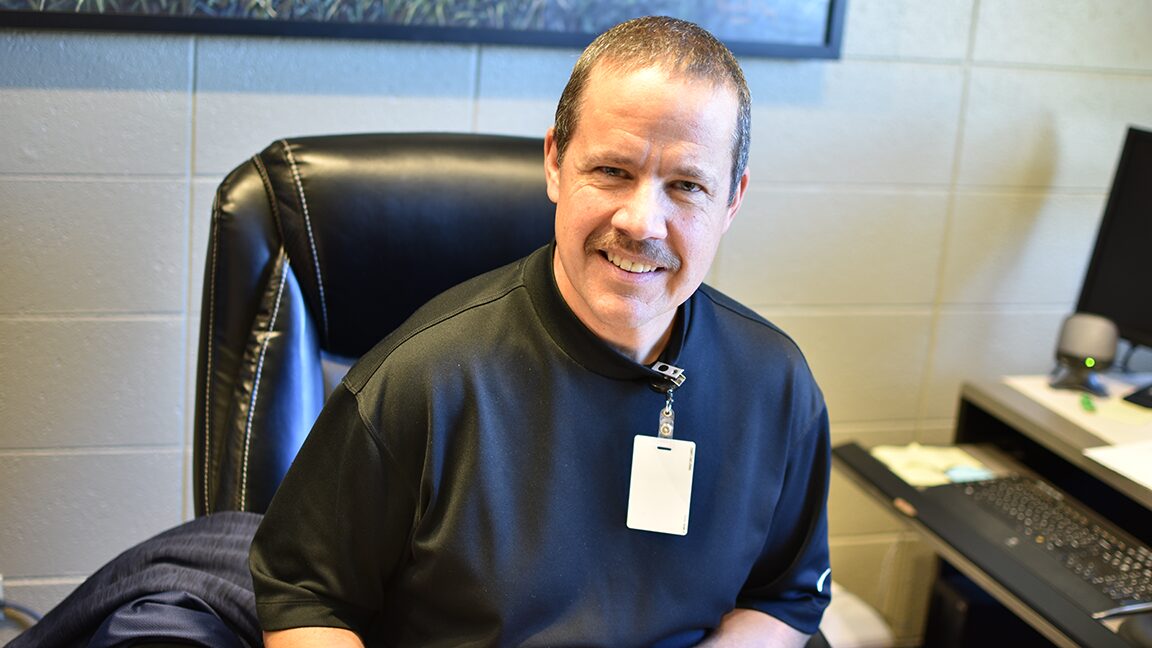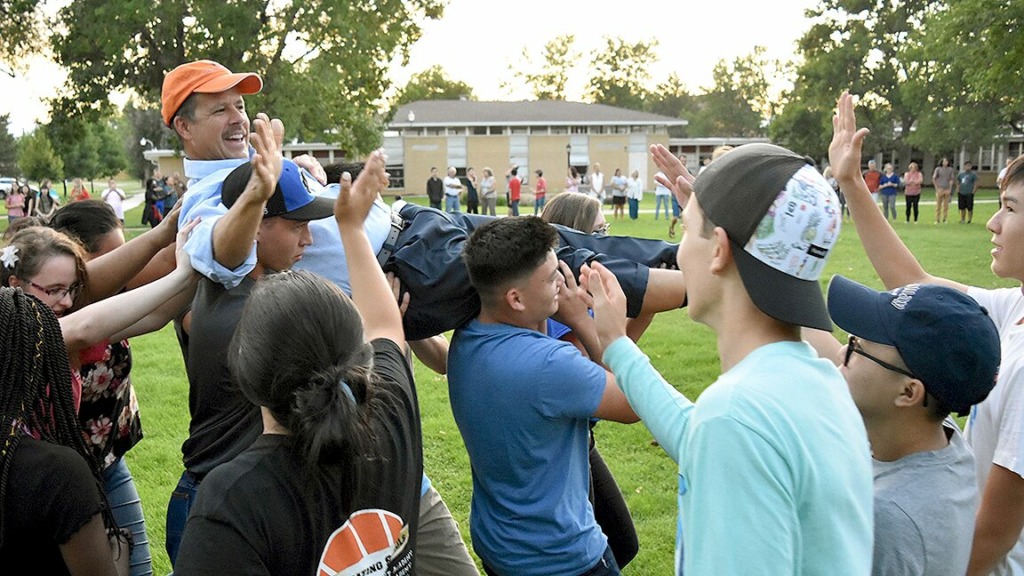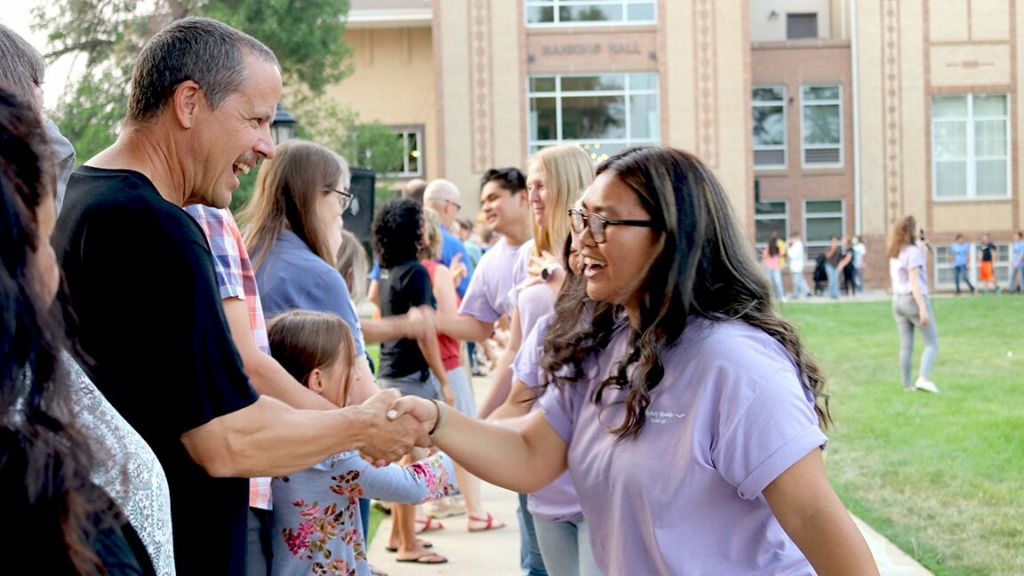The space designated for this short discussion does not allow for an in-depth analysis of the variety of worldview formations. Suffice it to say, worldview incorporates a mental construct or lens through which one views and makes sense of the reality of life, the world, and God.
David S. Dockery maintains, “A Christian worldview is not just one’s personal faith expression, not just a theory. It is an all-consuming way of life, applicable to all spheres of life.” 1 Consequently, such perspicacity converts to an inspirational component of faith, sculpting personal identity, life’s purpose, and a coherent grasp of hope. In this sense, “Christian worldview is not escapism, but an energizing motivation for godly and faithful thinking and living in the here and now … serving as an anchor to link us to God’s faithfulness and steadfastness.” 2 It locks in God’s self-revelation and the primary fulcrum of His mission: Christ’s death and resurrection (John 3:16).
Lesslie Newbigin defines the centrality of God’s mission in terms of lenses that offer the “possibility of understanding that the meaning and goal of history … is to be found in a person.” 3 Unsurprisingly, He refers to God’s purposes revealed in Christ as an “opening of a new horizon.” 4 Fernando L. Canale argues that “such concentration plays a significant function in the life and mission of the church … beyond a simple growth explosion.” 5 In light of these affirmations, I intend to reconnoiter the heart of the eschatologically oriented worldview embraced by the Seventh-day Adventist movement encoded in Revelation 14:6-12, as well as its impact on my worldview and mission.
A Paradoxical Tension
The catalyst that has spurred the Seventh-day Adventist’s global mission finds its locus in the Three Angels’ Messages (Rev. 14:6-12), which Knight describes as a distinguishing feature of the movement’s missional impetus and identity. He warns, “When that vision is lost, Seventh-day Adventism will have lost its genius. It will have become merely another somewhat harmless denomination with some rather peculiar doctrines instead of being a dynamic movement of prophecy.” 6
As plausible as this assertion sounds, the specific focus on the speedy proclamation of God’s final message to the world––with a concentrated focus on the interpretation of history, judgment (Rev. 14:7), the fall of Babylon (Rev. 14:8), and the mark of the beast (Rev. 14:11-12)––tends to position the view of the “everlasting gospel” (Rev. 14:6) in the milieu of fear, exclusiveness, and an elevated focus on evangelistic activism, rather than an inspirational and transformational ministry of the church that welcomes people to step willingly into the safety zone of God’s grace.
Notably, the intended focus of the Three Angels’ Messages initiates an all-inclusive invitation to “every nation, tribe, language, and people” to worship God, the Creator of heaven and earth (Rev. 14:7). While the genre of the proclamation converges on the correctness of amassed historical details, defining warnings about the oppressive powers of evil, one wonders whether it fully manifests the captivating attractiveness and spiritual depth of the everlasting gospel and its hero, Jesus.
Jesus’ messianic mission encompassed His unreserved affinity with the trauma of human life. His announcement of the Good News to the poor, the proclamation of freedom for the oppressed, and recovery of sight for the blind (Luke 4:16-19) all entailed human struggles, igniting a new vision of hope and an invitation to a place of safety. Walter Brueggemann defines it as radical beginnings, a mode through which proclamation birthed hope through the ministry of engagement. As he argues, “The birth is only a hope, but the ministry is where the possibilities of hope must seriously engage the world of despair. Jesus is presented and trusted as the one whose very person made a difference.” 7 It is then essential to apply a similar vision and mission methodology in God’s final call to the world, encoded in Revelation 14:6-12.
Jamyadji Samiadji accents the crux of the paradoxical eschatological tension in the Seventh-day Adventist movement. He confirms the centrality of the eschatological end-times focus in Adventist theology, but adds, “Adventist eschatology suffers from its abstractedness. It’s intense focus on an imagined future too often results in detachment from the concrete realities of the present.” 8 Referring to the New Testament authors, he argues, “From their beliefs about the soon coming of Jesus,” they “derived an obligation to work within the social sphere on behalf of the poor and vulnerable.” 9 Waiting for the fulfillment of Christ’s promised return involved a return to wholehearted engagement in ministry––a place where hope in action is witnessed in the world of human despair (Acts 1:8). Given the delineated challenge, is it conceivable to resolve the existing paradox and interpret the meaning of the Three Angels’ Messages through the lenses of the everlasting gospel that attracts people of all nations to the safe haven of God’s Kingdom of Grace?
Prophetic Reorientation
In the history of the progressively growing Seventh-day Adventist movement, 1888 was a time of crucial reorientation both in the theological refocus on righteousness by faith and the visionary outline of the Great Controversy theme published by Ellen G. White in the book The Great Controversy Between Christ and Satan. The theme’s main thrust highlights the value of God-given freedom of choice, human value, and potential, encouraging people to view the struggle between good and evil through the lens of an inspirational panorama of God’s final triumph.
Two years after its publication, Ellen G. White re-emphasized the main objective of her adoration: “Christ and Him crucified.” 10 In her mind, the story of God’s redemptive acts shaped one’s understanding of life and its purpose in the flow of human history. “When Christ in His work of redemption is seen as the central truth of the system of truth, a new light is shed upon all the events of the past and the future. They are seen in a new relation and possess a new and deeper significance.” 11 She warned against any divergence from this central theme. “The truths of the third angel’s message have been presented by some as a dry theory, but in this message is to be presented to Christ the Living One.” 12
For this reason, Ellen G. White’s emphasis warrants a re-evaluation of the Three Angels’ Messages from a gospel-centric perspective, including its impact on one’s worldview and the outflowing sense of mission.
My Worldview in the Light of God’s Grace
I do not intend to provide an in-depth exegetical study of the themes encoded in Revelation 14:6-12. Instead, the brief rumination below demarcates the impact of the key focal points of the messages from my gospel-centric worldview and mission.
First, with the destructive forces of evil as the backdrop (Rev. 13:1-18), the scene preceding the swift action of the Three Angels’ Messages draws attention to the triumphant celebration (Rev. 14: 1-5). The joy of the redeemed, who follow the Lamb singing a new song (Rev. 14: 2,4), provides an inspirational motivation for the challenges confronting Christian life in the conflict between good and evil. God’s ordained worldview provides a solution encoded in the essence of the everlasting gospel—They overcame him [Satan] by the blood of the Lamb (Rev. 12:10-11; 14:6).
The call to fear God in the context of judgment draws attention to trust and confidence in God’s justice and sensitivity to human cries of pain, suffering, injustice, and unfairness flowing from the vision of an established kingdom of righteousness, a place of protective security. 13
Such a gospel-centric worldview’s positivity engenders a responsive sense of gratitude to worship God, the Creator of heaven and earth. The indirect reference to the Fourth Commandment (Rev. 14:7, the Sabbath) does not focus on worship time, but rather on the worship of God––the Creator of life––and a responsive call to obedience (Rev. 14:12), which includes respect for human freedom of choice, value, and potential. Furthermore, the inspirational panorama places the “everlasting gospel” as God’s designed lens that unfolds the heart of His missional purpose.
Second, the dramatic call announcing Babylon’s fall (Rev. 14:8) opens the scene of utter helplessness. Any other system of worship or alternative power, whether religious or political, that endeavors to resolve the drama of the conflict between good and evil is declared fallen, i.e., it failed and will fail. The only alternative is the response to God’s saving acts in Jesus, who is the hero. More so, just as Jesus’ messianic mission encompassed His unreserved affinity with the trauma of human life, the gospel’s spiritual depth reorients how mission is viewed. As Newbigin noted, “… it makes it possible to act hopefully, where there is no hope and to find a way when everything is dark, and there were no earthly landmarks.” 14
Ranko Stefanović affirms a Christ-focused mission’s effectiveness: “Only the love of Christ as manifested on the cross of Calvary will move people to accept Him, the one who is the only hope and source of life for the human race and commit their lives in obedience to him.” 15 The expressed reflection also applies to the final part of the message calling for the ultimate decision in matters of worship (Rev. 14: 8-11). No wonder Ellen G. White discouraged presenting it as a dry theory and called for making Christ the Living One the message’s main focus.
Conclusion
So, how does the gospel-centric view of the Three Angels’ Messages impact my worldview and mission? It challenges me to immerse my commitment to mission in the spiritual depth of Jesus’ life of service through hope in action. In this context, my mission is to love, care, and respect by listening, understanding, building up, and helping people discover their God-given uniqueness found in the knowledge and presence of God, the Creator of life. Why? Because Jesus came to show us the way and pay the price. He is the source that shapes my worldview.
John Skrzypaszek, DMin, a retired director of the Ellen White/Seventh-day Adventist Research Centre, is an adjunct senior lecturer at Avondale University College, Coranboong, NSW, Australia. Polish by birth, John takes a keen interest in heritage, spirituality, and identity studies. He is married to Brenda and has two sons Raphael and Luke. Email him at: [email protected]
1 Dockery, D. S. (2014). Shaping a Christian Worldview: An Introduction (Part I). Center for Faculty Development, Union University. https://www.uu.edu/centers/faculty/teaching/article.cfm?ID=364
2 Ibid.
3 Newbigin, Lesslie. (1989). The Gospel in a Pluralistic Society. Eerdmans (p. 129).
4 Ibid.
5 Canale, Ferndando. (1995, December). “Importance of Our Worldview.” Ministry Magazine. https://www.ministrymagazine.org/archive/1995/12/importance-of-our-worldview
6 Knight, George R. (2000). A Search for Identity: The Development of the Seventh- day Adventist Beliefs. Review and Herald Publishing Association (p. 204).
7 Brueggemann, Walter. (2001). The Prophetic Imagination. Fortress Press (p. 105).
8 Samiadji, Jayden. (2024, January 6). “The Lost Last Day Message” Spectrum. https://spectrummagazine.org/culture/spirituality/the-lost-last-day-message/
9 Ibid.
10 White, Ellen G. (1890). Ms31. https://m.egwwritings.org/pt/book/7172.1#0
11 Ibid.
12 White, Ellen G. (1948). Testimonies for the Church, Vol 6. Pacific Press (p. 20).
13 Daniel 8:9, 10; 13-14, 23, 26-27; Revelation 5:9-14; 11: 17-18.
14 Newbigin, Lesslie. (1989). The Gospel in a Pluralistic Society. Eerdmans (p. 129).
15 Stefanovic, Ranko (2002). Revelation of Jesus Christ: Commentary on the Book of Revelation. Andrews University Press (p. 596).



